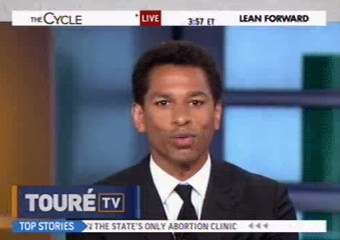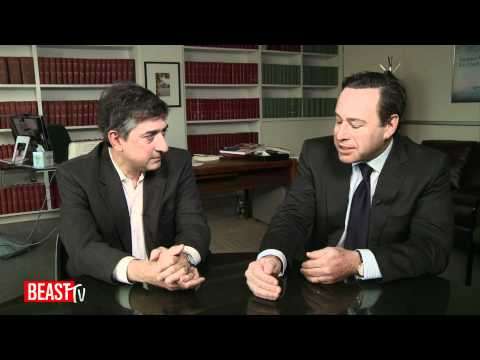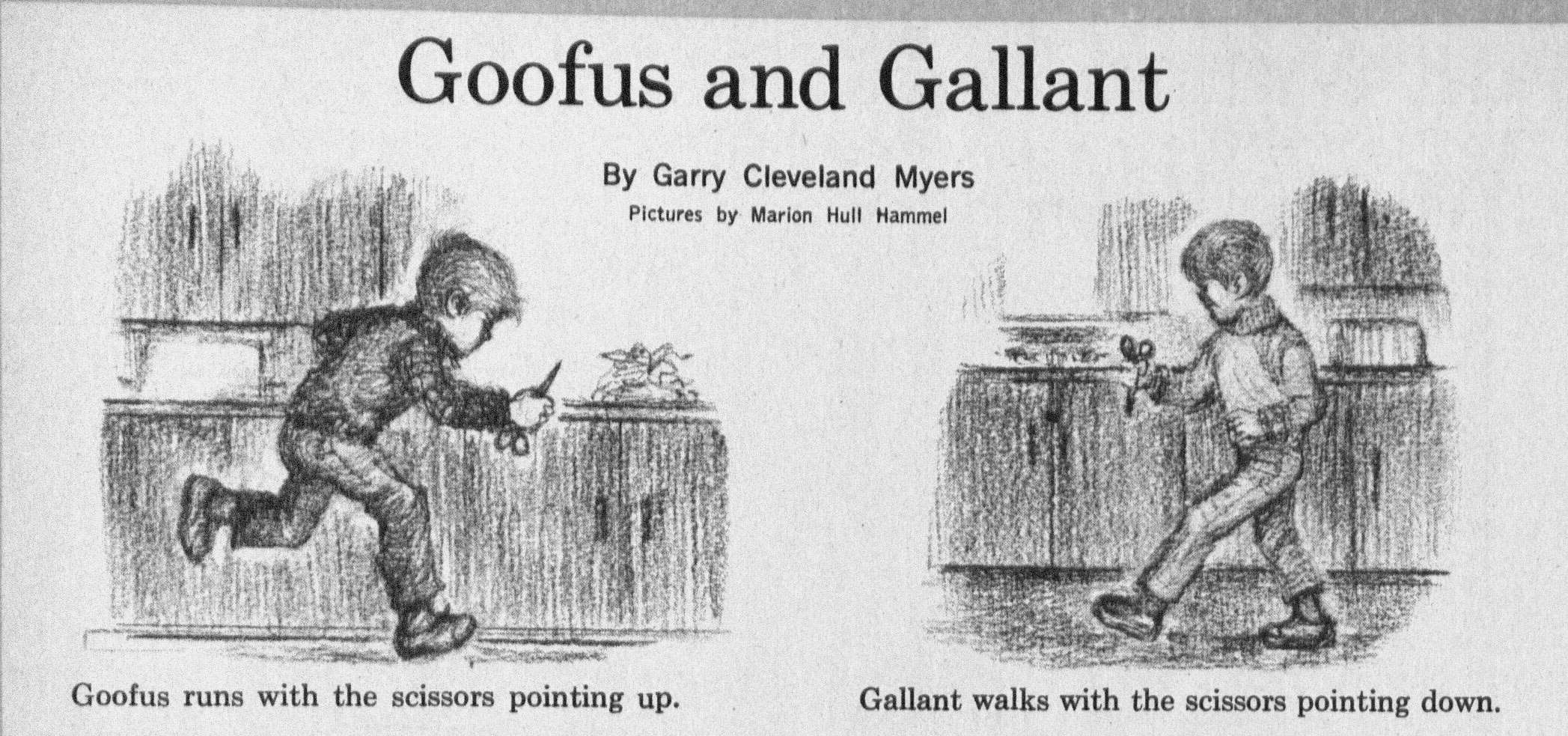You Don't Need a Weatherman to Know Which Way Journalists Blow
When it comes presidential kill lists, too many in the media dig power absolute power absolutely.
Remember back in what was it - 2006 or thereabouts - when left-leaning critics of President Bush couldn't stop talking about how nothing was more red, white, and blue than good old-fashioned American dissent? Why, our very country was founded by an act of dissent, didn't you know! So back when Vice President Dick Cheney - routinely likened to Darth Vader and Voldemort - was running things, the very air was filled with cries of "not in our name" and all that, because it was so damned important that the United States not contravene its basic principles even in the name of self defense!
Those were good times, friends, and they stopped pretty much the minute that liberals and Democrats took control of the federal government. The antiwar movement disappeared once it became clear that Barack Obama wasn't going to shut down Gitmo or stop bombing places or give a rat's ass about that constitutional stuff he used to teach in law school.
But cheer up, because things can always get worse, as the last few days have demonstrated.
There's that report from the Open Society Justice Initiative that despite Obama's soothing intonations to the contrary, the U.S. is complicit in torture up the ying-yang. And of course there's the leaked memo outlining what passes for Obama's decision tree regarding killing suspected terrorists, including U.S. citizens. It's a relief to that the president has put his top men - anonymous yet "informed, high-level" officials - on figuring just who should be pinged and when. No need to share information or evidence or anything with either the legislative or judicial branches because that would just get in the way of getting the job done, right? Checking your math and making sure you're not making a bone-headed unconstitutional mistake is for losers. We're at war, don't you see, a new and different sort of war in which the old rules don't apply. And besides, doesn't the authorization of war powers signed three days after September 11, 2001 mean that whatever Obama does is A-OK? So even if we do need rules, Obama's got that covered! Nothing to see here, move along please.

It's sad, though never unexpected, when leaders such as Obama flip flop like a fish on the sand once they ascend power. Cromwell did it, the French revolutionaries did it, Castro did it, the Sandanistas did it, and on and on. It's one of the oldest plots in history and infinitely adaptable to new conditions. How else to explain, as Jacob Sullumn notes, that candidate Obama rejected the Bush adminstration's position that it could detain U.S. citizens as enemy combatants without pressing charges while President Obama claims the right to kill U.S. citizens without laying charges? The guy may not be able to pass a budget but christ, give him credit for ingenuity and brass balls.
But Obama is a politician - what do you expect? Politicians are not just the bottom of the barrel - they're what's under the bottom of the barrel, right?
So what then explains the contortions that journalists fold themselves into like so many carnival sideshow rubber-men in defending their hero? Mike Riggs points to comments by rising liberal MSNBC pundit Toure that suggest just how far explicitly pro-Obama liberals are willing to go in excusing the president's declaring himself and his crew judge, jury, and executioner. As Riggs explains, it seems pretty clear that Toure isn't up to speed on specifics, especially when it comes to the killing of Anwar al-Awlaki's 16-year-old son:
When his co-hosts continue to press him on the consequences of a small group of individuals determing who deserves to die without a shred of oversight, Touré dismisses them by saying, "Al Qaeda attacked this nation. We are attacking al Qaeda back." On Twitter Touré simply said, "He's the Commander in Chief."

Al Qaeda is the new Communism, dig? To invoke its name is to settle all arguments. If Toure is just light on facts, the recent defense of Obama's kill list machinations from Michael Tomasky is more illuminating of the mind-set that controls journalists. Tomasky has been at the news game far longer than Toure and once upon a time penned a fawning "inside" account of what he dubbed Hillary Clinton's "Improbable, Victorious Senate Campaign." After stints at various leftoid outposts such as The American Prospect and The Guardian, Tomasky has now found a perch at The Daily Beast. Back in the day, Tomasky was a reliable critic of everything related to Bushitler, by which I of course mean Dick Cheney. Here he is circa 2009, in a typical post titled "Dick Cheney's Dangerous Game":
Cheney wants Americans to live in fear. He believes that we should be living in more or less constant fear of another attack. I suppose it probably occurred to him over the years that, when a people are whipped into a fearful state, they tend to hand their leaders more power….
Obama wants to move people beyond fear. "If we continue to make decisions from within a climate of fear," he said, "we will make more mistakes." Are the American people up to this? More to the point – and more depressing to consider – are Washington politicians? We will find out as this debate plays out.

This sort of analysis struggles to rise above Goofus and Gallant in Highlights for Children: Goofus constantly invokes real and imagined threats to concentrate his power. Gallant talks a good game about protecting rights even while claiming far more power than this predecessor.
Tomasky struggles with the in-your-face spectacle of a president saying he has the right to pick which Americans can be killed unilaterally by insisting that the important thing is to walk a mile in Obama's mocassins:
I've always written about politics with part of my brain focused on the question of what I would do if I were in Politician X's position. This line of thought came so naturally to me that I imagined everyone did this…. [The memo is] certainly not something that makes the breast swell with pride. But it does make me wonder what I would do in this situation, and I can't honestly come up with easy answers.
He should try harder to come up with answers, perhaps by halting the mind-meld with the powerful and instead grokking some imaginary solidarity with the falsely accused. After dilating a while on the term imminent as used in
the memo and then deciding that al Qaeda is pretty much always about to attack the U.S., he concludes
Well, either this makes a certain sense to you, or you just think that a state can't be in the business of killing its own citizens and that's all there is to it. There's no doubt that a sentence like "the president has the power to order the assassination of American citizens" sounds positively despotic. However, these are people who have gone off and joined Al Qaeda (the white paper also mentions "associated groups," and one definitely wonders where that line is drawn, precisely). If an American citizen of German descent had gone back to…Germany in 1934 and joined the Nazi Party and worked his way up such that he was involved in the plotting of attacks against American soldiers, and Roosevelt had order him killed, no one would have batted an eye in 1940s America.
You got that? You're either with the president's logic or you can't understand it (shades of George Bush's simplistic, Bible-based manicheanism when he said you're either with us or against us!). There's enough qualifiers in the passage above to give anyone pause, of course: Who are the associated groups after all? How exactly is this like 1940s America? The short version, as even Tomasky eventually grants later, is that "it's not 1940s America." Last time, I checked, Congress declared war against Nazi Germany. And the Nazis kept membership lists which greatly minimized - though didn't eliminate fully - questions of who belonged. Maybe more important, mistakes were made, including the internment of over 100,000 Japanese Americans and alien residents for no good reason other than hysteria. Can we learn at least a little from the past? And not the distant past, either. Enough of the detainees at Gitmo were wrongly held so that you'd figure Obama (didn't he pledge to shut that prison down?) would want to make double-plus sure that he's targeting the right bastards?
But all Tomasky's mental whittling is besides the point, really, because people aren't saying they can't think of scenarios in which the state has the legitimate right to kill bad guys (including its own citizens) without going through every possible aspect of criminal or military due process. The current controversy is over Barack Obama's unwillingness to explain precisely how and when he's been making such calls and exactly where he thinks he derives the right to do so.
Tomasky's colleague at The Daily Beast, David Frum, is not beset with internal strife. A former Bush speechwriter (best known for coining the phrase "the Axis of Evil"), Frum says that just about anything Obama does is plainly covered under the authorization of the use of military force (AUMF) that was signed a few days after 9/11. "That resolution remains in force today," writes Frum. "It assigns to the president - not to some judge - the authority to determine who committed the 9/11 attacks. It assigns to the president - not a jury - the responsibility to prevent any future acts of international terrorism." Leaving aside the fact that it was signed a dozen years ago, the AUMF does direct the president "to use all necessary and appropriate force" to bring the 9/11 terrorists to justice as well as "to prevent any future acts of international terrorism against the United States." While the authorization covers a lot of ground, it doesn't mean that the president, or whoever he designates, can simply do whatever he pleases. As Eli Lake noted for Reason in 2010, the Supreme Court limited President Bush's powers under the AUMF and the Obama adminstration itself pledged to respect international law even while prosecuting the war on terror. More to the point, perhaps, the AUMF doesn't mean that Congress can't oversee or be privy to the president's actions and logic. What does it say about Obama's respect for a separation of powers and the Constitution that he has refused to give the Senate the classified truth on his decision matrix for killing suspected terrorists? Nothing good.
We grudgingly allow the government to surveil, detain, and confront people all the time when various sorts of suspicions are raised; the difference is that there is a clear framework in place so that we can judge whether the government is acting in accordance with the law rather than simply acting on its own impulse. You'd think that Obama - an Ivy League lawyer and a Nobel Peace Prize winner no less- would be proactive in reassuring the Congress and the country that he's not flying by the seat of his pants on this.
By making clear that as a journalist he tries to see things first and foremost from the perspective of the powerful, Michael Tomasky helps to clarify why so many in the media are rushing to the president's defense. They are entranced with power and the view from the top. "Presidents live with that responsibility [of protecting American lives] every day," he writes. "If that responsibility were mine, I can't honestly say what I'd do, and I don't think anyone can." Not all journalists are awed by power, of course, even on the right (National Review's Jim Geraghty, for instance, asserts that this sort of thing of extra-judicial killing policy wouldn't be cricket even under a GOP president).
This isn't ultimately about ideological hypocrisy - of liberals changing their tune once their guy is in office - but something much more basic and much more disturbing. It reveals that for all their crowing about being watchdogs of all that is good and decent in society, when push comes to shove, too many journalists are ready and willing handmaidens to power - including the power to kill.
There's the old saw from Mother Jones - the namesake of today's left-wing publication - that her job was to "comfort the afflicted and afflict the comfortable." To its credit and unlike too many on the broadly construed left, Mother Jones (the magazine and website) still believes that as it relates to civil liberties. As Adam Serwer has written,
The Obama administration claims that the secret judgment of a single "well-informed high level administration official" meets the demands of due process and is sufficient justification to kill an American citizen suspected of working with terrorists. That procedure is entirely secret. Thus it's impossible to know which rules the administration has established to protect due process and to determine how closely those rules are followed. The government needs the approval of a judge to detain a suspected terrorist. To kill one, it need only give itself permission.
That such an obvious analysis escapes so many in the press is troubling, to say the least. But it makes total sense if, as Michael Tomasky says, you focus first on what you would do if you were in "Politician X's position." The world - and your concerns - must surely look different when viewed from such a lofty vantage point.


Show Comments (223)